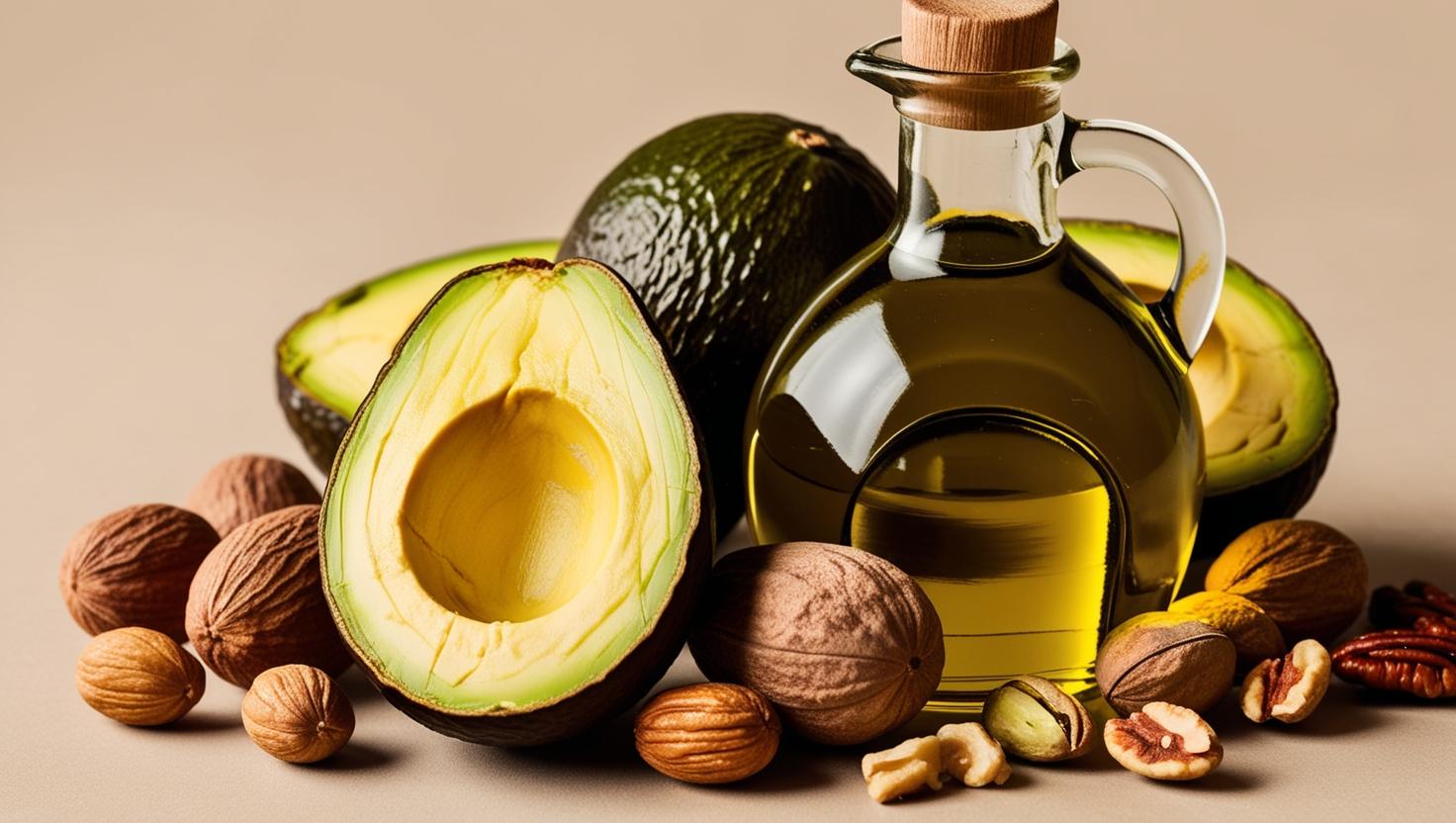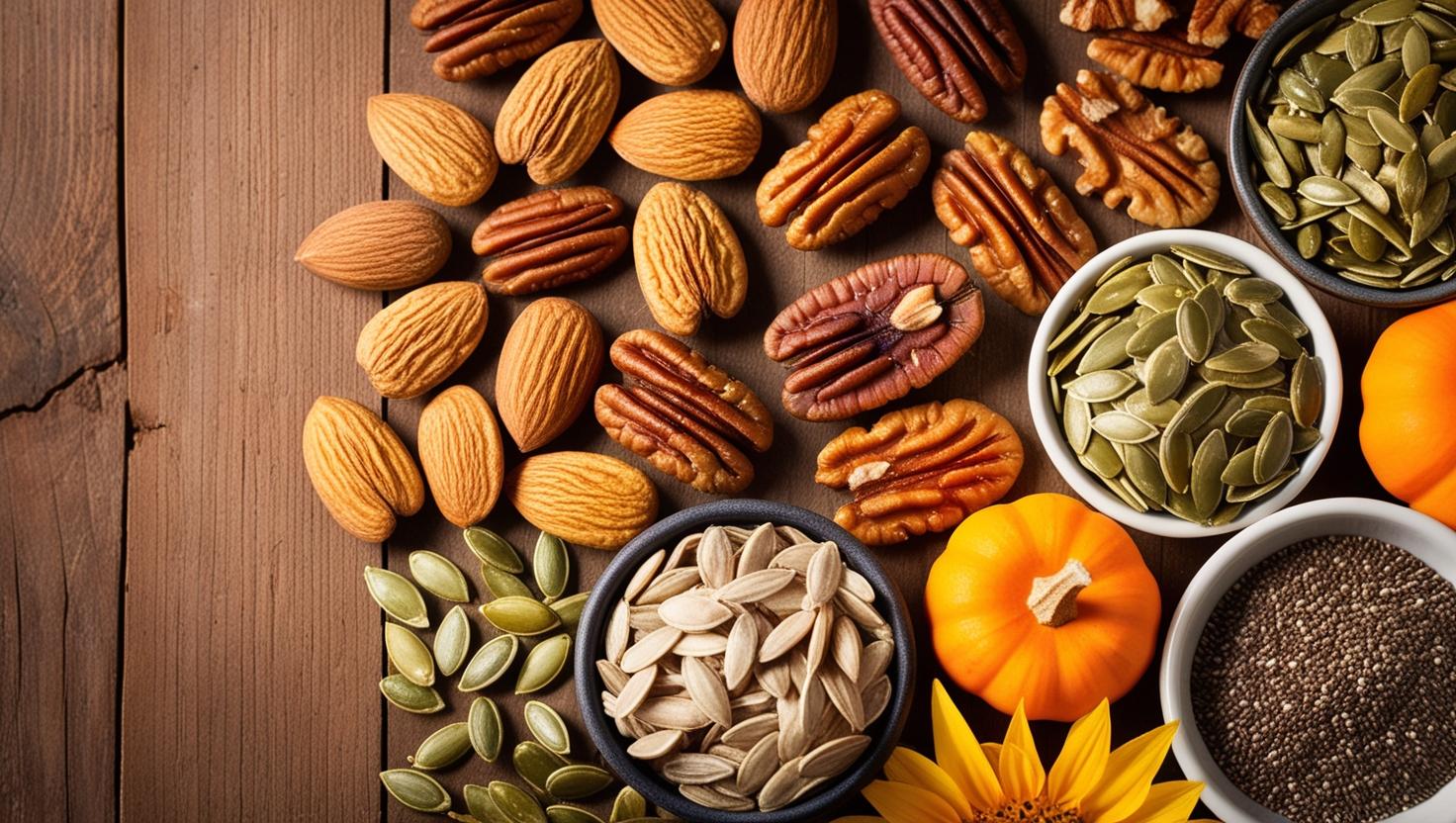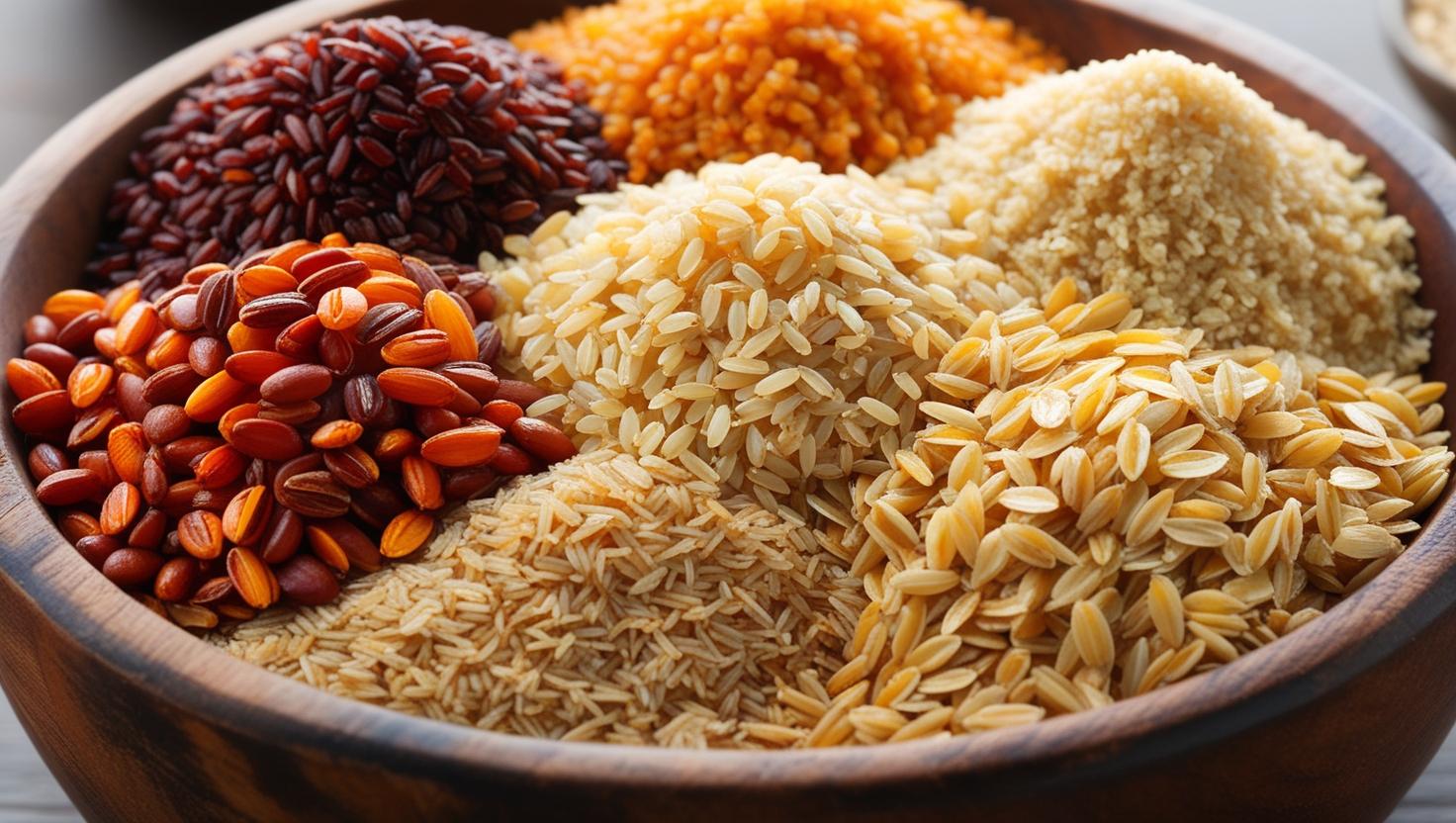Heart Health Guide
Discover foods and nutrients that support cardiovascular health and circulation.
A heart-healthy vegetarian diet centers around nutrient-dense plant foods that support cardiovascular function and help maintain healthy blood pressure and cholesterol levels.
Research shows that vegetarian diets are associated with lower risks of heart disease, partly due to their emphasis on foods rich in fiber, antioxidants, and healthy fats, while being naturally low in saturated fat.
Key Nutrients for Heart Health
- Folate: Helps regulate homocysteine levels, a risk factor for heart disease
- Magnesium: Supports proper heart rhythm and blood pressure regulation
- Potassium: Helps maintain healthy blood pressure
- Healthy Fats: Support cholesterol balance and reduce inflammation
- Fiber: Helps lower cholesterol and maintain healthy weight
By incorporating heart-supporting foods into your vegetarian diet, you can help protect your cardiovascular system and reduce the risk of heart-related conditions.


Food Sources:
Kale, Spinach, Swiss chard, Collard greens
Benefits:
- Reduce inflammation
- Support proper heart function
- Regulate blood pressure

Food Sources:
Almonds, Hazelnuts, Walnuts, Peanuts, Pecans
Benefits:
- Improve cholesterol levels
- Reduce inflammation
- Support heart function

Food Sources:
Almond milk, Soy milk, Cashew milk, Oat milk
Benefits:
- Lower in saturated fat
- Provide heart-healthy nutrients
- Support cardiovascular health

Food Sources:
Oats, Quinoa, Brown rice, Barley, Whole wheat
Benefits:
- Lower cholesterol levels
- Regulate blood sugar
- Reduce heart disease risk